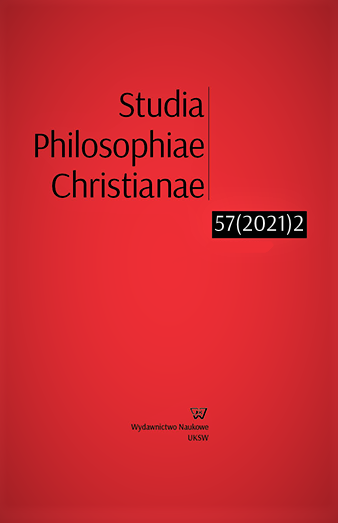The Archangel Delusion. Descriptive Ethics and Its Role in the Education of Ethicists
The Archangel Delusion. Descriptive Ethics and Its Role in the Education of Ethicists
Author(s): Jarosław KucharskiSubject(s): Ethics / Practical Philosophy, Behaviorism, Social Norms / Social Control
Published by: Wydawnictwo Naukowe Uniwersytetu Kardynała Stefana Wyszyńskiego w Warszawie
Keywords: descriptive ethics; normative ethics; archangel delusion; R.M. Hare;
Summary/Abstract: The role of ethicists is to provide a genuine ethical theory to help non-ethicists interpret and solve moral dilemmas, to define what is right or wrong, and, finally, to clarify moral values. Therefore, ethicists are taught to address morality with rational procedures, to set aside their moral intuitions and emotions. Sometimes, professional ethicists are prone to falling into the archangel delusion – the belief that they are beyond the influence of their own emotions. This can lead to ousting moral intuitions from the space of ethical reflection, thus making ethicists unaware of them. They may treat intuitive beliefs about morality as an expression of primal moral feelings. The main question pursued in this article, is how those feelings may influence moral theories, which should be developed by professional ethicists. Ethicists may provide an ethical theory which is merely a rationalisation and justification for their own suppressed moral emotions, rather than the effect of genuine, rational moral reasoning. To help ethicists cope with this delusion, a model of cooperation between descriptive and normative ethics is proposed. Ethicists should therefore use the research tools of descriptive ethics to determine their own intuitions, and the moral emotions in which these intuitions are grounded.
Journal: Studia Philosophiae Christianae
- Issue Year: 57/2021
- Issue No: 2
- Page Range: 35-49
- Page Count: 15
- Language: English

